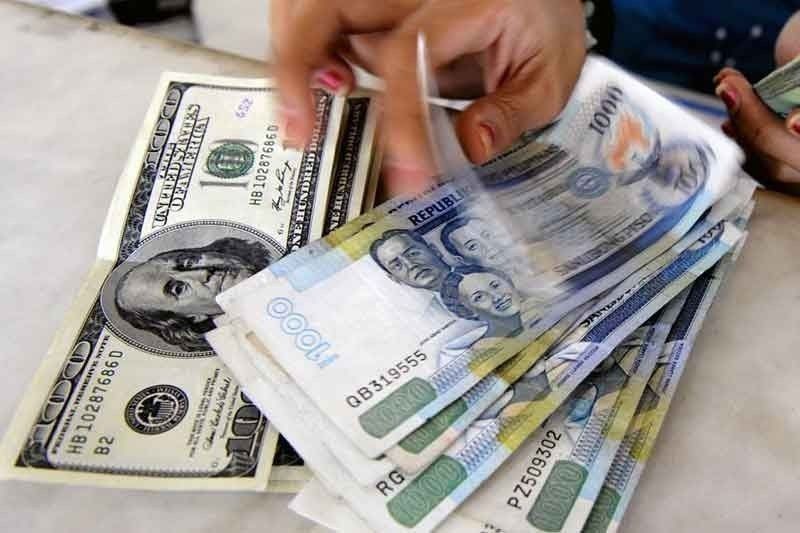Hot money reverts to net inflow in August

MANILA, Philippines — More foreign portfolio investments or speculative funds returned in August, reversing the net outflow in July, the Bangko Sentral ng Pilipinas (BSP) said.
BSP Governor Benjamin Diokno said in his weekly online press conference that foreign portfolio investments – also referred to as hot money – turned to a net inflow of $11.51 million in August from net outflows of $339.7 million and $126.76 million in July and August last year, respectively.
Economic managers announced last August that the country finally exited from recession, with a gross domestic product (GDP) growth of 11.8 percent in the second quarter.
The pandemic-induced recession stretched five quarters to the first quarter of the year after the country’s GDP contracted by a record 9.6 percent in 2020.
Data released by the central bank showed foreign portfolio investments jumped by 21 percent to $806.99 million in August from $666.51 million in the same month last year.
The BSP said about 65 percent of investments coming mainly from the UK, US, Singapore, Norway and Luxembourg were placed in securities listed on the Philippine Stock Exchange, mainly in food, beverage and tobacco companies, property companies, holding firms, banks as well as transportation services.
On the other hand, withdrawals were barely unchanged at $795.48 million in August from $793.27 million in the same month last year.
Foreign portfolio investments refer to purely speculative funds that quickly and regularly move within the global financial markets as investors scout for the higher short-term yields available.
Despite the strong recovery in the second quarter, the Development Budget Coordination Committee (DBCC) decided to slash the country’s GDP growth projection anew to a range of four to five percent instead of six to seven percent for this year due to the intermittent lockdowns in the National Capital Region and nearby areas.
The BSP said other developments in August include the improvement in corporate earnings for the second quarter, the recomposition of the stock benchmark index, the strong growth in remittances from overseas Filipino workers (OFWs), and the narrowing of the country’s budget deficit in July.
From January to August, preliminary data showed foreign portfolio investments yielded a lower net outflow of $434 million compared to $3.9 billion in the same period last year.
The BSP said international and domestic developments in the first eight months of the year include the new administration in the US under President Biden, the accelerating COVID-19 vaccine rollout in the country as well as the continuing quarantine restrictions to contain the surge, especially with the rise in the Delta variant cases.
Other factors are the elevated inflation that continues to stay above the BSP’s two to four percent target based due to supply-side pressures as well as the improving market sentiment amid positive economic growth in second quarter and the passage of key fiscal and asset management reforms.
BSP senior assistant governor Iluminada Sicat told reporters there have been green shoots of recovery in the country, starting with the emergence from recession with an 11.8 percent GDP growth in the second quarter.
Sicat added that trade has been recovering strongly with exports growth exceeding the full year target as global trade further reopens amid the COVID-19 pandemic.
Sicat said another good indicator that the economy is moving upward is the robust increase in imports of raw materials and capital goods that would provide support for the requirement to expand further.
Sicat also cited the increase in foreign direct investments (FDIs) despite challenges in the global interest rate environment.
“In the case of the Philippines, we see that we are prepared to weather the headwinds that we are facing at the moment,” Sicat said.
The BSP has further lowered its net foreign portfolio investments inflow target to $4.3 billion of $5.5 billion this year and to $5.7 billion instead of $7.4 billion next year.
- Latest
- Trending



























